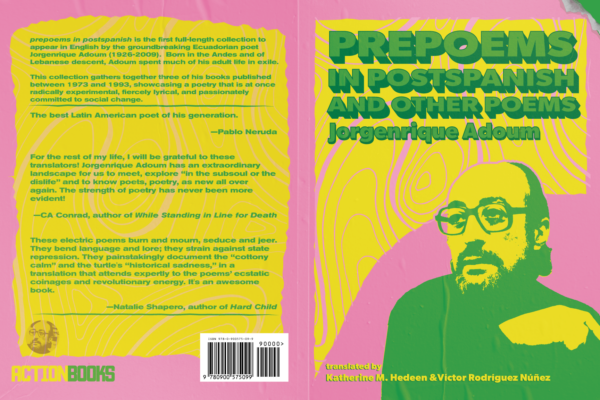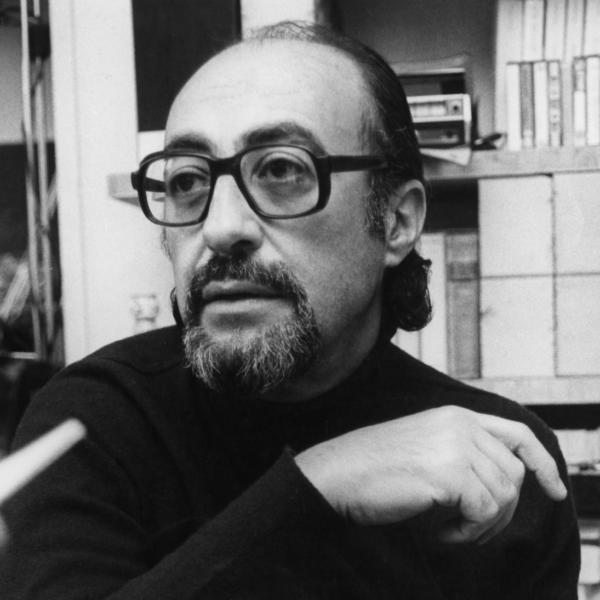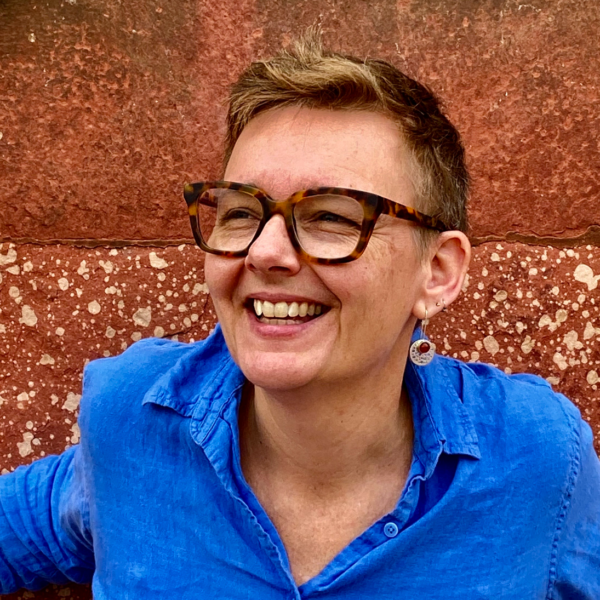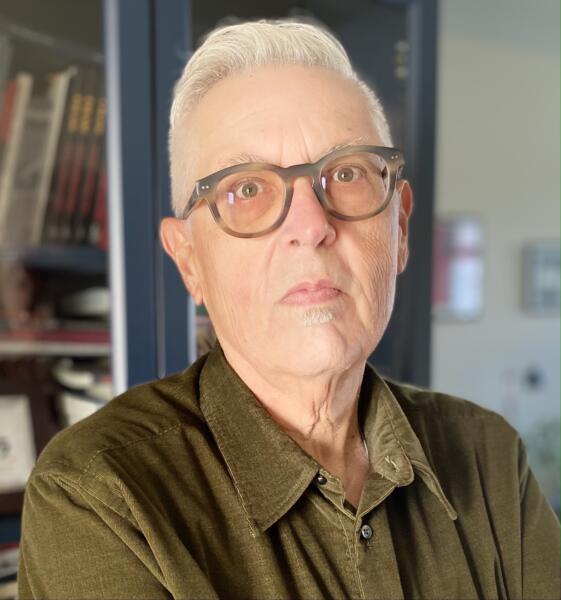
Excerpt from prepoems in postspanish and other poems
By Jorgenrique Adoum
Translated by Katherine M. Hedeen and Víctor Rodríguez Núñez

prepoems in postspanish and other poems is out from Action Books in March 2021!
Stay tuned for a special interview with Katherine M. Hedeen later this month!
Prologue
Declaration of the Deangeled
Music by Nicolas de Pelken
for soprano, flute, voice, and
two string orchestras.
then we believed it would be different there in andromeda
but soon we wanted to leave again for another place
another planetary watchpiece where eternity exits each second
for example toward berenice who combs her hair in leapyear centuries or
000000beyond
beyond the beautiful orange blue earth in the undersky
as unbroken as its pumice stone moon (now we know it’s awful)
further beyond where generals with their
cainic donkey jaws cannot reach
to shape the new history of constellations too
pistolwhipping like in the other world
and man would be their orderly
but even so there’s no case even us
aluminum wetsuit clowns clowns
who swap stars like masks
because we couldn’t suppress one single suffering
we know there’s no boldness in the oblivion adventure
besides there’s no oblivion just goodbyes
and there’s no silence from the terrestrial anachronistic heartnoise
and there’s no dialogue in the language tethers we bring
no understanding each other in centuries and kilometers
and even here we are so withnodoubtwhatsoeverly human
that the past sets the same trap
and we keep falling (on venus perhaps due to the rains
each one remembered their hometown like a monday
their scarce poppiless birth river)
and we tried to deangel ourselves to relapse into boring fellow man
into customary hero profession streetcleaner
of the human earth filth
so wonder isn’t a lowblow because of it
that’s when we decided to go back and once more become lucid
or in other words to realize that others exist
which means we’re alone
close up the exorange is gray with troops and poortrefaction
Beauty Keepsake
after somanyears of maybes perhapses hopefullies
nothing’s left but whys nevermores and eithers
now neverly the mostest
now just the shescorpion
alwaysly not been
pure postlove almost inlove shrouded
in the subsoul or the dislife
decemberly ended
Epitaph of the Living Foreigner
with hunger and hembra this hombre
his reality surreal
dispictured in his passport
discontent in this discontext
working and worqueen
to be deagonizing from badlyloved
even wanting to disencruel himself
to stand erect to correct and recorrect himself
but this republic public sepulchershop
doesn’t give him enough time
and he keeps redying in a virtuous circle
from his long inhurting disdeath
Prólogo
Declaración del desangelado
Música de Nicolas de Pelken
para soprano, flauta, recitante
y dos orquestas de cuerdas.
entonces creímos que iría a ser distinto allá en andrómeda
pero pronto quisimos irnos otra vez a otra parte
a otra pieza del reloj planetario de donde sale la eternidad cada segundo
por ejemplo a berenice que se peina en los siglos bisiestos o más lejos
más lejos de la tierra naranja azul hermosa en el subcielo
tan intacta como su luna (ya se sabe que es atroz) de piedra pómez
mucho más lejos a donde no puedan llegar los generales
con su quijada caínica de asno
a hacer también la nueva historia de las constelaciones
a culatazos como en el otro mundo
y el hombre fuera su ordenanza
pero aun así no hay caso aun nosotros
payasos de aluminio y escafandra payasos
que nos cambiamos de astro como de máscara
porque no pudimos suprimir un solo sufrimiento
sabemos que no hay audacia en la aventura del olvido
además no hay olvido sino adioses
y no hay silencio por el ruido del corazón terrestre y anacrónico
y no hay diálogo en las ataduras del idioma que traemos
sin entendernos en siglos y kilómetros
y aun aquí somos tan sindudamente humanos
que el pasado nos pone la misma zancadilla
y seguimos cayendo (en venus tal vez a causa de las lluvias
cada uno recordó su aldea como un lunes
su escaso río natal sin amapolas)
y quisimos desangelarnos reincidir en prójimo aburrido
en héroe consuetudinario profesión barrendero
de las inmundicias humanas de la tierra
a fin de que la maravilla no sea canallada por su culpa
fue cuando decidimos regresar y volver a ser lúcidos
o sea a darnos cuenta de que los demás existen
lo que quiere decir que estamos solos
de cerca la ex naranja es gris de tropa y pobredumbre
Recuerdo de la bella
después de añísimos de quizases talveces ojalases
no quedan sino porqués nuncamases y tampocos
ya jamasmente la ísima
ya solo la escorpiona
parasiempremente no sida
el puro postamor casi inamor amortajado
en la subalma o la desvida
diciembremente terminado
Epitafio del extranjero vivo
con hambre y hembra este hombre
surreal su realidad
desretratado en su pasaporte
descontento en este descontexto
trabajando y trasubiendo
para desagonizarse de puro malamado
queriendo incluso desencruelecerse
pararse a reparar y repararse
pero no le da tiempo
esta república sepulturería pública
y sigue remuriendo en un círculo virtuoso
de su larga desmuerte enduelecido

Jorgenrique Adoum, widely-recognized as the most important Ecuadorian intellectual of the twentieth century, was an award-winning poet, novelist, essayist, and playwright. Of Lebanese descent, he was born in the Andean town of Ambato in 1926. During his lifetime, he published 14 books of poetry. He belonged to a pioneering and yet often overlooked group of Spanish American poets known as “conversacionalistas” who emphasize the orality of language, make use of the languages of the social sciences and mass media, and innovate by challenging poetic limits and by requiring an active reader, one considered a co-author. Adoum spent much of the sixties, seventies, and eighties in exile, mainly in Paris, returning to Ecuador in 1987, where he continued to write. He died in Quito in 2009 and is buried at the Chapel of Man, the museum and cultural center created by his friend, the outstanding visual artist, Oswaldo Guayasamín.

Katherine M. Hedeen is a translator, literary critic, and essayist. A specialist in Latin American poetry, she has translated some of the most respected voices from the region. Her publications include book-length collections by Juan Bañuelos, Juan Calzadilla, Juan Gelman, Fayad Jamís, Hugo Mujica, José Emilio Pacheco, Víctor Rodríguez Núñez, and Ida Vitale, among many others. Her work has been a finalist for both the Best Translated Book Award and the National Translation Award. She is a recipient of two NEA Translation grants in the US and a PEN Translates award in the UK. She is a Managing Editor for Action Books and the Poetry in Translation Editor at the Kenyon Review. She resides in Ohio, where she is Professor of Spanish at Kenyon College. More information at: www.katherinemhedeen.com @kmhedeen

Víctor Rodríguez Núñez (Havana, 1955) is one of Cuba’s most outstanding and celebrated contemporary writers, with over fifty collections of his poetry published throughout the world. He has been the recipient of major awards in the Spanish-speaking region, including, in 2015, the coveted Loewe Prize. His selected poems have been translated into Arabic, Chinese, English, French, German, Hebrew, Italian, Macedonian, Serbian, Swedish, and Vietnamese. He has been a riveting presence at the most important international literary festivals, having read in more than forty countries. In the last decade, his work has developed an enthusiastic readership in the US and the UK, where he has published seven book-length translations. He divides his time between Gambier, Ohio, where he is currently Professor of Spanish at Kenyon College, and Havana, Cuba. More information at: www.victorrodrigueznunez.com
Poesía en acción is an Action Books blog feature for Latin American and Spanish poetry in translation and the translator micro-interview series. It was created by Katherine M. Hedeen and is currently curated and edited by Olivia Lott with web editing by Paul Cunningham.